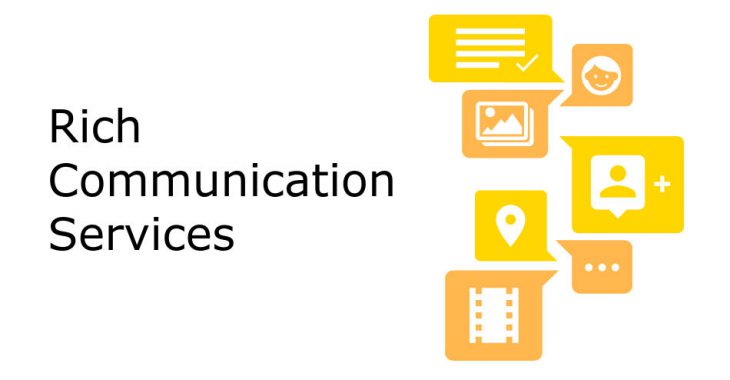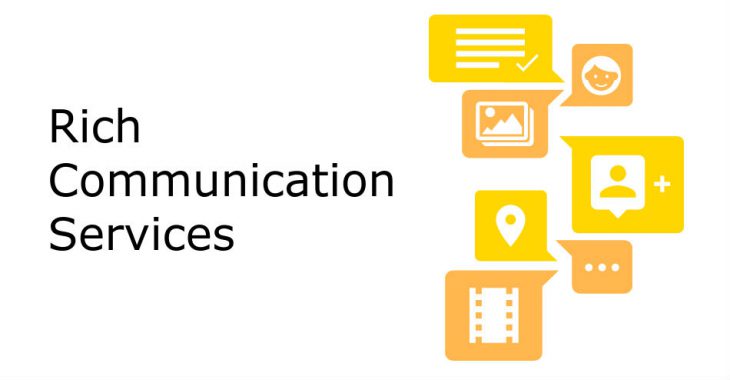
Short Message Service, or SMS as we know it has been around for at least 25 years now, but it’s boring, and limited in what it can do. After reigning supreme for 25 years though, it’s time for a change and Rich Communication Services (RCS) is set to supplant it, but what is it? and when can we get it?
To start with, RCS is a communications protocol that offers more of the features we’re used to when it comes to messaging. Feaures such as doing away with the 160 character limit, and adding in support for file, video and image sharing as well as better group chat support.
RCS has been around for a long time, but recently it’s been gaining traction thanks to in part, adoption by companies like Apple, Microsoft and of course Google who recently purchased Jibe, a leading provider of RCS services to help integrate RCS support into Android messaging.
That’s not to say that Apple or Microsoft will implement RCS. Apple’s iMessage client is quite the feature and there’s little incentive to go with RCS over that.
The GSM Association effectively controls the RCS standard, and just like SMS when it was first introduced there’s a long way to go before RCS is a ubiquitous choice for messaging. There’s a few standards currently in use that mean that existing RCS implementations don’t mesh together too well and until all the carriers sign on to the GSMA RCS standard RCS is a bit of a mess.
So, once you and the person you’re messaging with need to be using a carrier who supports it, or at least the right version of it – you then need your messaging app needs to support it.
Google updated their texting client Messenger to support RCS last year, so that’s taken care of but other apps also offer RCS support if you don’t quite like RCS.
Google has worked with carrier Sprint in the US, but what about the rest of the world? There’s implementations using different standards everywhere, indeed US carriers T-Mobile and AT&T both have an implementation of RCS, but it’s incompatible, so it’s quite frankly a bit of a mess.

There is good news with a universal RCS profile currently in development, and Telstra has been listed as a signatory along with a number of other carriers.
When asked about their plans for RCS, Telstra said
Telstra is part of a global mobile industry initiative aiming to create a universal messaging experience across Android and we’re excited about the features RCS can unlock for customers. While we are working towards introducing RCS we don’t have a launch timetable to share at this time.
The sad state of RCS is indicative of how the other Australian carriers view implementing the protocol. Optus, when asked said they are looking at RCS but have no plans for rolling it out, stating
At this stage there are no plans to roll out RCS for our customers, the product is still undergoing internal evaluation.
And finally Vodafone too seems interested in RCS, but is also not planning anything at this stage. Vodafone Australia said:
Vodafone Australia has been monitoring the progress of RCS for some time. At this stage implementation is not planned, but as more devices become available and delivery of a more seamless messaging experience is developed, we will take another look at this technology.
RCS sounds like a fix to a lot of issues we all have with messaging, though it would be beneficial to all mobile users to see this implemented by all mobile OS’s and carriers it seems like it’s a ways off. It took SMS a long time to really be everywhere, but it got there and it lasted a long time, so hopefully RCS will be there soon.





